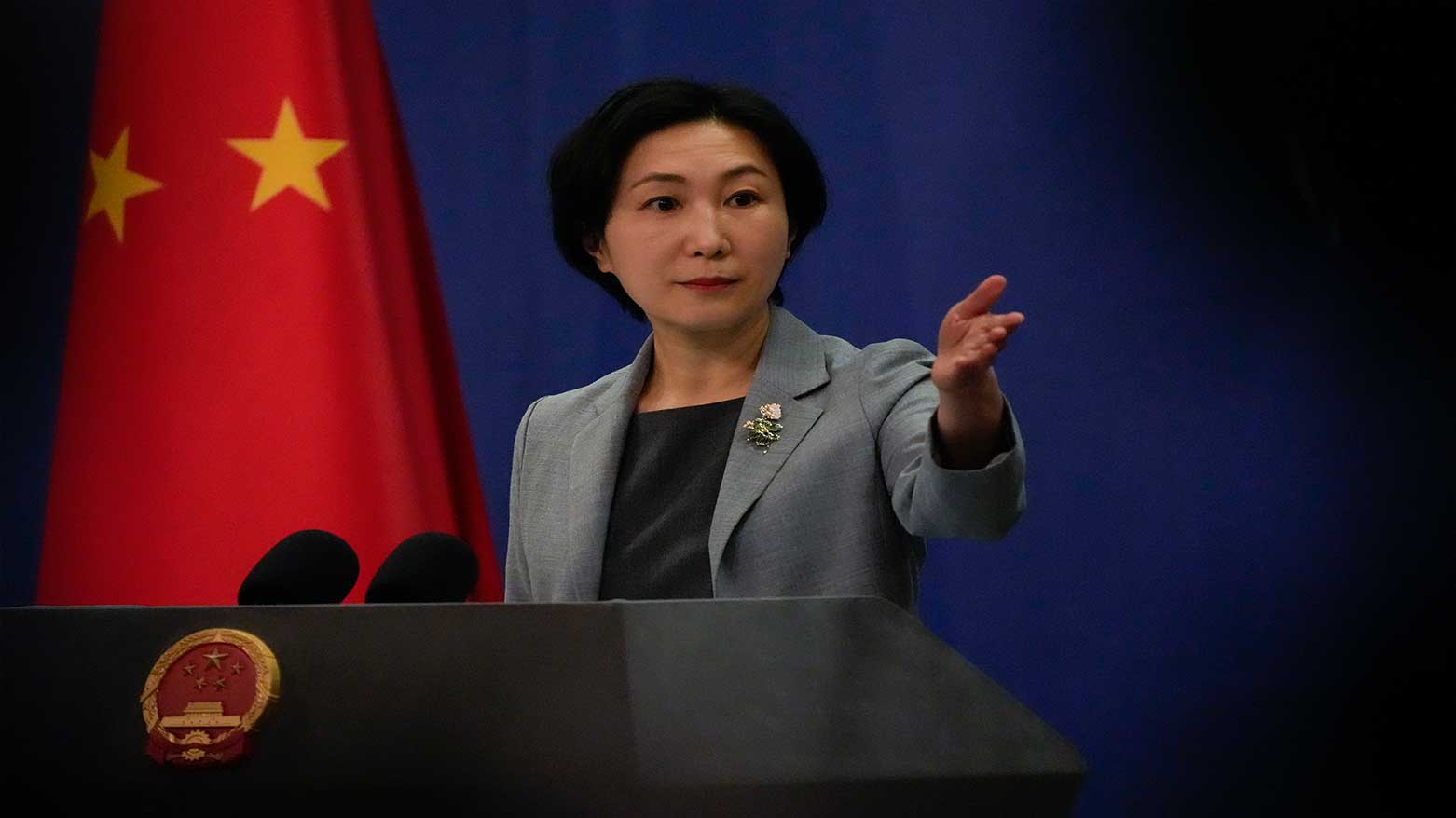Tehran, Moscow, and Beijing to Forge United Front Amid Nuclear Standoff
Iranian Foreign Ministry spokesman Esmaeil Baqaei stated that the meeting will focus on “developments related to the nuclear issue and the lifting of sanctions.”

ERBIL (Kurdistan24) – Iran confirmed on Wednesday that it will hold high-level talks with China and Russia this week on its nuclear program, signaling a concerted effort to counter Western pressure. The three-way discussions, set to take place on Friday in Beijing, come at a time of heightened geopolitical tensions and stalled negotiations over Tehran’s nuclear ambitions.
Iranian Foreign Ministry spokesman Esmaeil Baqaei stated that the meeting will focus on “developments related to the nuclear issue and the lifting of sanctions.” Beijing’s foreign ministry also confirmed that China, Russia, and Iran will “exchange views on the Iranian nuclear issue and other matters of mutual interest.”
The talks will be attended by China's Vice Foreign Minister Ma Zhaoxu, Russian Deputy Foreign Minister Sergey Ryabkov, and Iranian Deputy Foreign Minister Kazem Gharibabadi. The inclusion of two key global powers—both of which have frequently opposed U.S. policies on Iran—suggests a strategic alignment against Western diplomatic and economic measures.
A Diplomatic Chessboard in Flux
The upcoming meeting underscores the shifting dynamics of global diplomacy as Tehran strengthens its ties with Moscow and Beijing in the face of prolonged U.S. sanctions. Iran has deepened its economic and military cooperation with both countries, leveraging its role in organizations like BRICS and the Shanghai Cooperation Organization (SCO) to navigate Western-imposed restrictions.
Since the United States unilaterally withdrew from the 2015 nuclear deal—officially known as the Joint Comprehensive Plan of Action (JCPOA)—during President Donald Trump’s first term, Iran has progressively rolled back its commitments under the agreement. While efforts to revive the deal have repeatedly stalled, Tehran has sought alternative avenues to mitigate the impact of sanctions, particularly by enhancing cooperation with China and Russia.
A Growing Divide with the West
The trilateral meeting could further solidify Iran’s position within an emerging bloc that challenges U.S. dominance in global affairs. As Washington and its allies continue to pressure Tehran over its uranium enrichment program, Friday’s talks may yield new strategies aimed at resisting Western economic coercion.
The inclusion of broader regional and international issues on the agenda indicates that Tehran, Moscow, and Beijing are not just focusing on nuclear diplomacy but also on reshaping power structures in a rapidly evolving multipolar world. With rising tensions in the Middle East, the war in Ukraine, and China’s growing assertiveness on the global stage, the outcome of these discussions could have far-reaching consequences.
As the world watches closely, this meeting could mark a pivotal moment in Iran’s diplomatic maneuvering—one that might not only redefine the balance of power in nuclear negotiations but also embolden Tehran’s defiance of international norms.
By deepening ties with allies such as China and Russia and doubling down on its nuclear ambitions, Iran risks further isolating itself from the global financial system and escalating tensions with the West.
This gathering, rather than easing concerns, may serve as a platform for Tehran to reinforce its hardline stance, raising fears of a prolonged standoff with the international community.